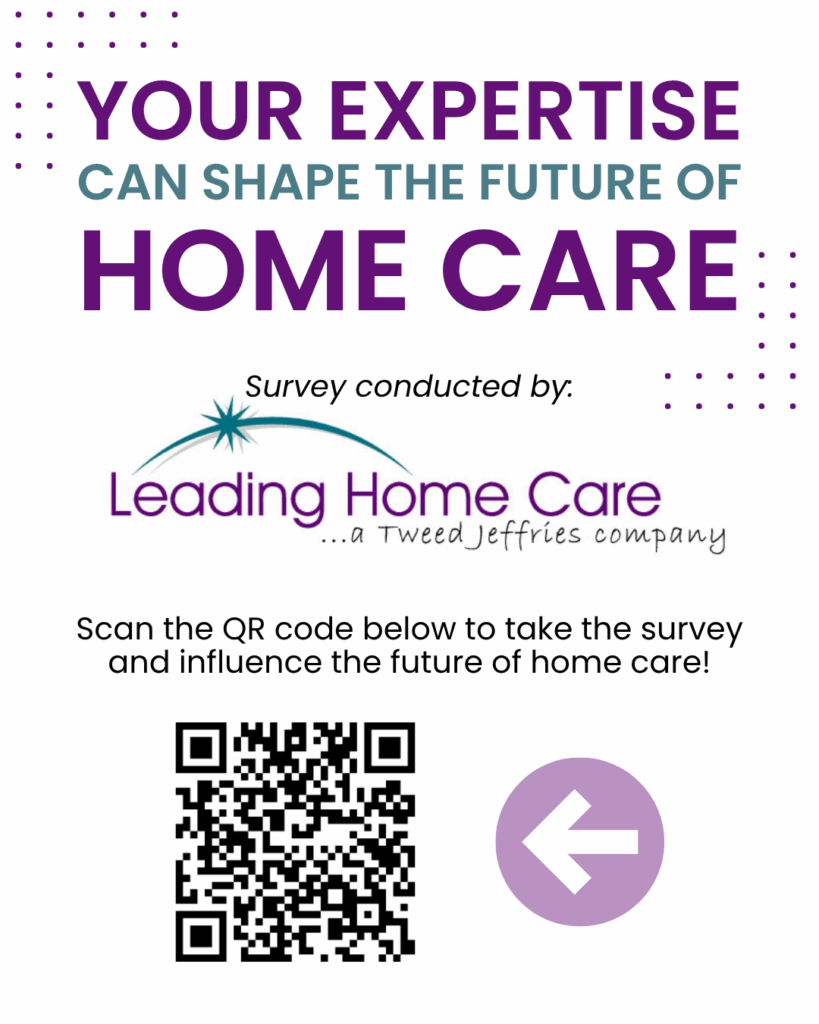Our long time friend and colleague, Elizabeth Hogue, Esq. just shared with us the results of a Supreme Court case in California. While this ruling may not apply to you in your state, it’s a good idea to be aware of how the courts across the country are ruling on some of these cases.
The Supreme Court of California recently ruled that clients with Alzheimer’s disease are not liable for injuries they cause to paid in-home caregivers. This case involves a woman, Lorraine Cott, who lived in West Los Angeles who had Alzheimer’s disease and her husband, Bernard, who hired a caregiver through an agency to care for Mrs. Cott at home through 2005. The caregiver, Carolyn Gregory, had a history of working with patients with this diagnosis. The caregiver was told that Ms. Cott was prone to biting, kicking, and scratching.
Three years after Ms. Gregory began providing services to her, Mrs. Cott bumped against Ms. Gregory from behind while she was washing a large knife and reached into the kitchen sink. Mrs. Cott’s movement caused the knife to cut Ms. Gregory’s wrist. The caregiver lost sensation in several fingers and her thumb, and had persistent pain in her hand and wrist. Ms. Gregory received workers’ compensation benefits, but also sued the Cotts for negligence and battery. The Cotts are now deceased, but the insurance company that provided their homeowner’s insurance has been defending against Ms. Gregory’s claims.
The basis for the Court’s decision is that in-home caregivers who work with clients with Alzheimer’s disease should know that the disease commonly causes physical aggression and agitation, especially in its advanced stages. According to the Court, it is, therefore, inappropriate to allow caregivers who suffer injuries to sue their employees. With regard to this point, the Court stated that “it is a settled principle that those hired to manage a hazardous condition may not sue their clients for injuries caused by the very risks they were retained to confront.”
Courts in many states have already decided that employees in institutional settings, such as hospitals and nursing homes, may not seek damages from Alzheimer patients who injure them. The Court in California stated that to apply a different standard for employees in patients’ homes would likely cause families to place their relatives in institutional settings, as opposed to caring for them at home.
It is important to note, however, that the Court’s decision does not preclude future lawsuits by caregivers who are not warned in advance that their clients may be violent. The decision also does not prevent caregivers from suing when injuries they sustain are unrelated to common symptoms of Alzheimer’s disease.
According to the Court, the decision is also limited to home health caregivers who are trained and employed by agencies.
Since this is a decision of the California Supreme Court, it applies only in California. As courts in other states consider similar issues, however, they are likely to review and perhaps rely on this decision. So, it is important for all private duty agencies to be aware of this court ruling.
©2014 Elizabeth E. Hogue, Esq. All rights reserved.
No portion of this material may be reproduced in any form without the advance written permission of the author.
Elizabeth E. Hogue, Esq.
Office: (877) 871-4062
Fax: (877) 871-9739
Twitter: @HogueHomecare
ElizabethHogue@ElizabethHogue.net



